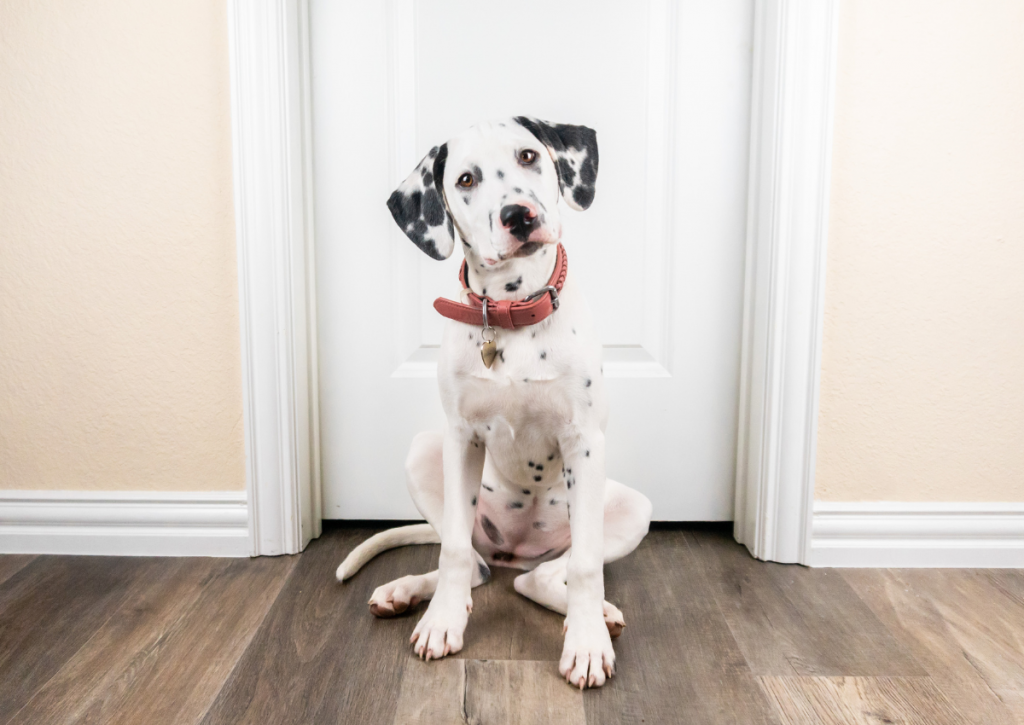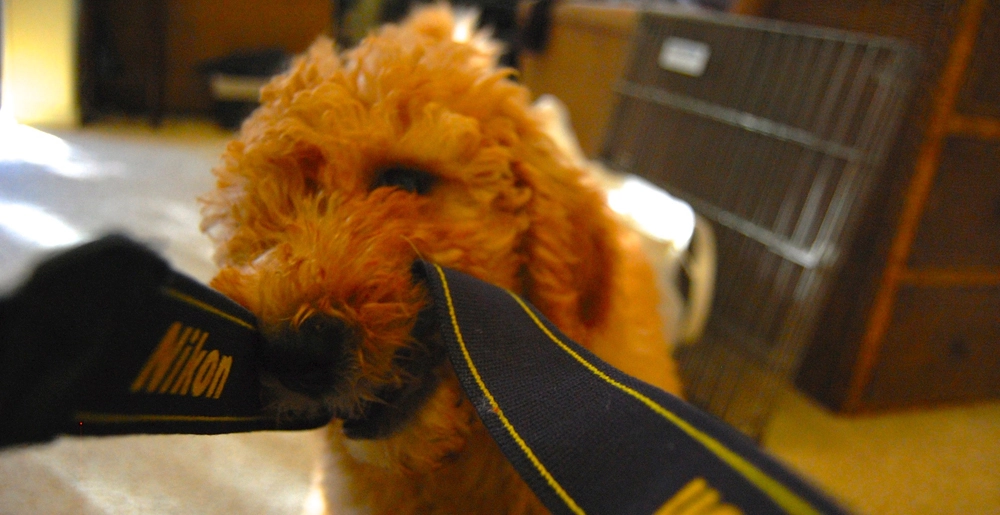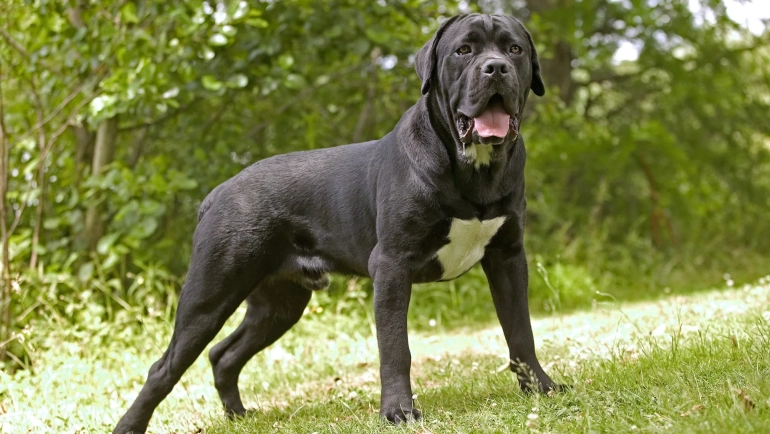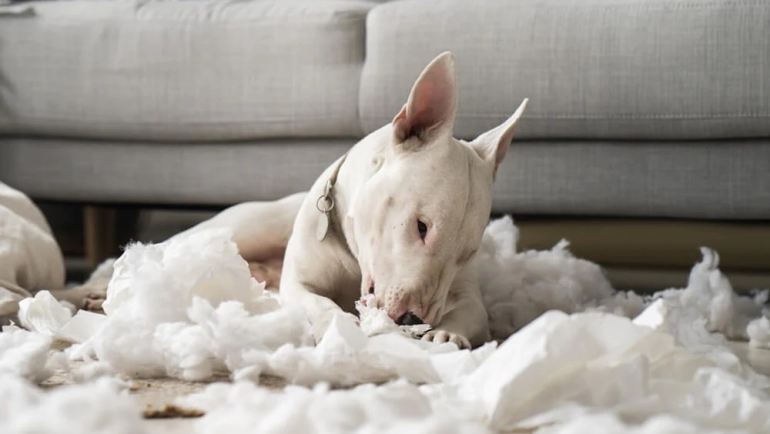141Views

Five Months Old: Your Puppy’s Epic Transformation In Details
Remember that clumsy, wide-eyed bundle of fluff you brought home just a few months ago?
Brace yourself, because at 5 months old, your adorable “potato with paws” is entering a whirlwind of development, transforming into a playful, curious, and sometimes mischievous explorer.
Buckle up, pup parents, the ride is about to get exciting!
Physical & Mental Growth
Your 5-month-old pup is no longer a wobbly noodle. Their muscles are strengthening, coordination is improving, and their goofy puppy gait is morphing into a confident strut (or, let’s be honest, sometimes a playful zoom).
This newfound physical prowess often translates into boundless energy, so be prepared for zoomies around the house and enthusiastic explorations in the park.
Mentally, things are just as fascinating. Their brains are sponges, soaking up information at lightning speed. This is the prime time for consistent, positive reinforcement training.
Basic commands like “sit,” “stay,” and “come” are crucial for navigating the world safely and happily.
Read Also: 4-Months Old Puppy Behavior Guide
Navigating the “Terrible Twos”
Just like human teenagers, 5-month-old pups can test your patience. This is the phase affectionately (or not so affectionately) known as the “terrible twos” or “puppytude.” Don’t despair!
This is a normal developmental stage, not a personal attack on your sanity. Be firm, consistent, and shower your pup with love and positive reinforcement.
Remember, a tired puppy is a good puppy, so channel that boundless energy into constructive playtime and training sessions.
Teething Troubles & Tail-Wagging Triumphs

Those needle-sharp puppy teeth are no joke! Expect some chewing mishaps at this age. Provide plenty of safe chew toys to redirect their gnashing needs and save your furniture (and sanity).
On the bright side, their adult teeth are starting to come in, paving the way for a dazzling doggy grin you’ll fall in love with all over again.
Building Confidence & Connections
Socialization is crucial during this formative period. Expose your pup to different people, places, and other dogs in safe and controlled environments.
This not only helps prevent fear and aggression later in life, but also lays the foundation for a confident, well-adjusted canine companion. Remember, a positive first impression can mean lifelong friendships for your furry friend.
Five Months: A Milestone Moment in the Making
This stage is all about celebrating milestones, big and small. From mastering a new command to conquering their first hike, each achievement is a testament to the incredible bond you’re building with your furry best friend.
Embrace the journey, cherish the funny moments (even the chewing mishaps!), and remember, with patience, love, and consistent training, your 5-month-old pup will blossom into a loyal, loving companion for years to come.
Do Puppies Misbehave At 5 Months?
It’s more accurate to say that puppies often exhibit behaviors at 5 months old that we might interpret as misbehaving, rather than being “bad” on purpose.
This period, sometimes called the “terrible twos” or “puppytude,” is marked by several developmental changes that can lead to behaviors like:
- Increased chewing: Their adult teeth are coming in, leading to discomfort and a strong urge to chew.
- Jumping up: This playful behavior can become problematic for a larger puppy.
- Mouthing: As a way to explore and learn, they might nip at hands or clothes.
- Potty training regressions: Accidents may occur due to excitement, stress, or incomplete house training.
- Ignoring commands: They might be more preoccupied with exploring their independence.
However, it’s important to understand that these behaviors are normal parts of puppy development and not inherent badness. By offering patience, consistent training, and positive reinforcement, you can help your pup navigate this crucial stage and establish good habits for life.
Is A 5-Month Old Dog Still Considered A Puppy?
echnically, a 5-month-old dog is still considered a puppy! However, there are nuances to this answer depending on what aspect of “puppyhood” you’re considering:
Physically: At 5 months, most puppies are roughly half their adult size, though they still have some growing left to do. Larger breeds may keep growing until they’re 2 years old.
Mentally: They’re still in the early stages of development and are actively learning. They’re highly impressionable and this is a prime time for training and socialization.
Legally: Some places set puppy licensing or vaccination requirements based on age. In most cases, these expire well after 5 months, indicating they’re no longer considered “puppies” in a legal sense.
Behaviorally: This is where things get interesting. The “terrible twos” or “puppytude” phase often peaks around 5 months. While they’re not fully independent adults yet, they’re definitely exploring their newfound confidence and independence, which can lead to behaviors we might perceive as “misbehaving.”
So, the answer depends on your perspective:
- In terms of biology and development: Yes, a 5-month-old is still a puppy.
- In terms of behavior and training needs: They’re definitely entering a new phase that requires specific attention and guidance.
- In terms of legal definitions: It likely varies by location.
Ultimately, your 5-month-old furry friend is an individual undergoing exciting transformations. Embrace the journey, understand their development stages, and enjoy every adorable (and sometimes challenging) moment!


